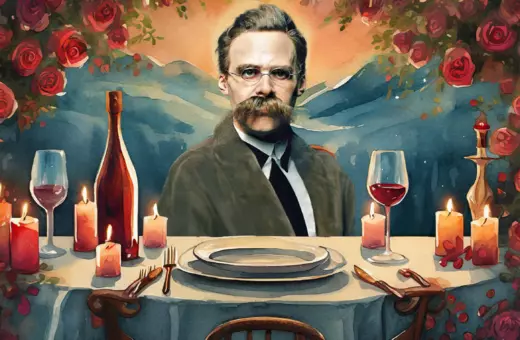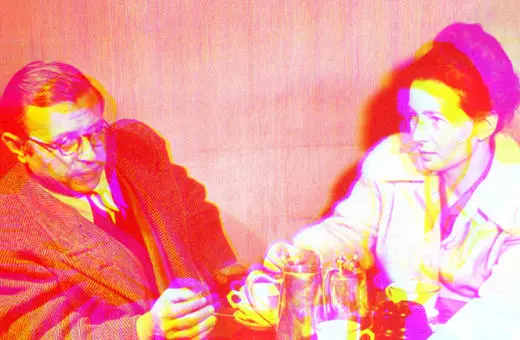Christopher Hamilton is Senior Lecturer in the Philosophy of Religion at King’s College London and the author of The Philosophy of Tragedy, Middle Age and How to Deal with Adversity.
After beginning his undergraduate studies at King’s, his journey through philosophy came full circle when he joined the Department of Religious Studies and Theology in 2003. Along the way he held teaching and research positions across Europe at the University of Bonn, the Catholic University of Lublin, Poland, Salzburg and Trent, Italy.
His work focuses on core themes in moral philosophy but always with an eye on aesthetics (no pun intended), political philosophy and philosophy of religion. He contends that philosophy has largely lost touch with the ancient goals of seeking wisdom and exploring the meaning of life and seeks to make these a core principle of his work.
This interview was conducted by phone following Christopher’s participation in the IAI’s weekend retreat on the philosophy of love, The Greatest Adventure, in Hay-on-Wye. Both interviewer and interviewee longed wistfully to exchange the grim London weather for the pastoral delights of Wales.
—David Maclean
DM: What is love? Or at least your definition of it?
CH: I would say there is no definition of love. I say this partly because there are so many kinds of love — erotic love, romantic love, familial love, love of one’s vocation, love of one’s country, and so on. I think the other reason for that is the notion that love is a public concept in that we can all talk about it and share some sort of understanding of what it means. But ultimately love is one of those notions that you pick up from the world around you, primarily through how people talk about it and the cultural ideas that form around it. Then experience comes in causing each of us to develop our own subtly different and more personally inflected understanding of love. And that is why I would say there couldn’t be a single definition. And I think that’s actually part of what made your event The Greatest Adventure so interesting, because although we all knew what we were talking about, we were all coming at it from very different perspectives. This should be familiar to anyone who has read Wittgenstein’s discussion of what makes a game and why we say that particular activities, such as football, rugby, tiddlywinks and cards etc., are games. In a famous passage from the Philosophical Investigations, he describes how there’s no essence that they share but they have a “family resemblance”; in the same way that one brother can share the same nose as another brother but then their sister has a shared characteristic of temperament that the first brother doesn’t share, etc.















Join the conversation